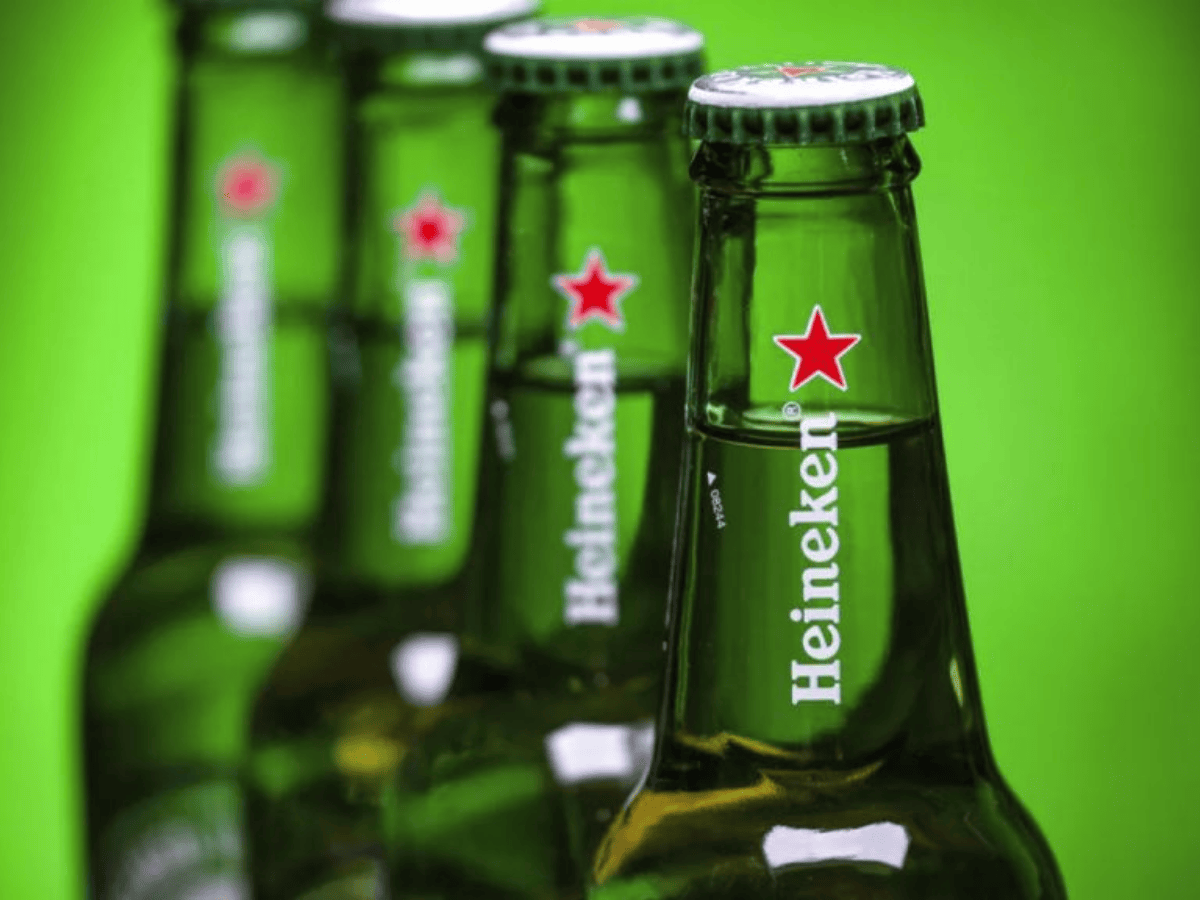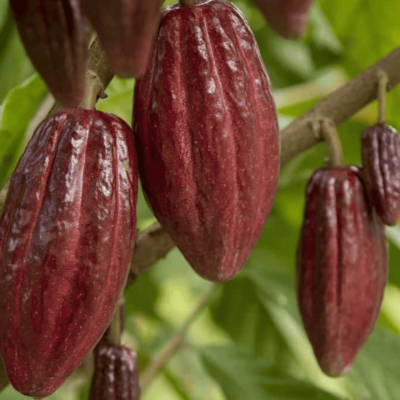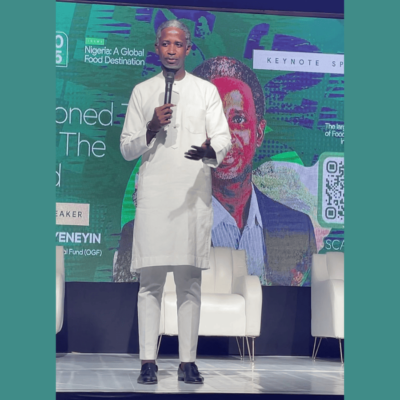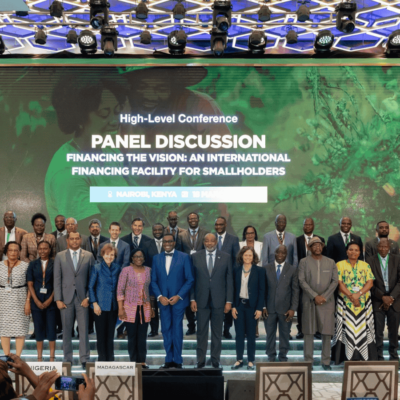UAE – Heineken, in collaboration with Maritime Mercantile International (MMI), has announced plans to construct Dubai’s first major commercial brewery, signaling a shift in the alcohol segment of the United Arab Emirates (UAE).
The joint venture, Sirocco, is set to begin construction in 2025, with operations slated to commence by 2027.
Sirocco confirmed that all necessary permits and licenses have been secured, paving the way for a facility that will produce Heineken’s globally renowned beer brands in Dubai. This move aligns with the city’s evolving alcohol regulations and its ambitions to strengthen its hospitality and tourism sectors.
Dubai’s evolving alcohol policies
Dubai, known for its cosmopolitan appeal and luxury hospitality, has progressively relaxed its alcohol regulations in recent years.
A pivotal change came in early 2023 when the emirate suspended its 30% alcohol tax, making beverages more affordable for consumers and attractive to tourists. Though originally intended as a temporary measure, the tax cut remains in effect, contributing to a thriving bar and restaurant culture.
The brewery is poised to cater to Dubai’s bustling hospitality sector, which serves millions of tourists annually. In 2023 alone, the city welcomed 17 million visitors, many from beer-loving regions such as Europe, India, and Russia.
Strategically, the facility will reduce reliance on imported beers and provide locally brewed options to meet the growing demand from residents and tourists.
Rising interest in local brewing
While the UAE has a nascent craft beer scene, dominated by microbreweries such as Craft by Side Hustle and Falcon Brews, Heineken’s venture marks the region’s first large-scale brewing operation for alcoholic beverages.
Falcon Brews, for example, plans to launch its brewery and bottling plant in Ras Al Khaimah by 2026.
Dubai’s liberal stance contrasts with the UAE’s capital, Abu Dhabi, which retains a 30% alcohol tax. However, the gradual relaxation of rules in both emirates highlights a broader trend of economic diversification and openness to tourism-driven industries.
Broader regional perspective
The UAE’s evolving approach to alcohol is part of a larger regional trend. Saudi Arabia, long known for its stringent prohibition of alcohol, recently made a limited exception by allowing a single store in Riyadh’s Diplomatic Quarter to sell alcohol to non-Muslim diplomats.
Industry watchers speculate that Saudi Arabia may slowly ease restrictions further as it seeks to attract international tourists and business executives.
Heineken’s existing success in Egypt through Al Ahram Beverages Company, combined with MMI’s trusted presence in Dubai’s alcohol sector, positions the brewery to navigate cultural sensitivities while addressing market demand.






